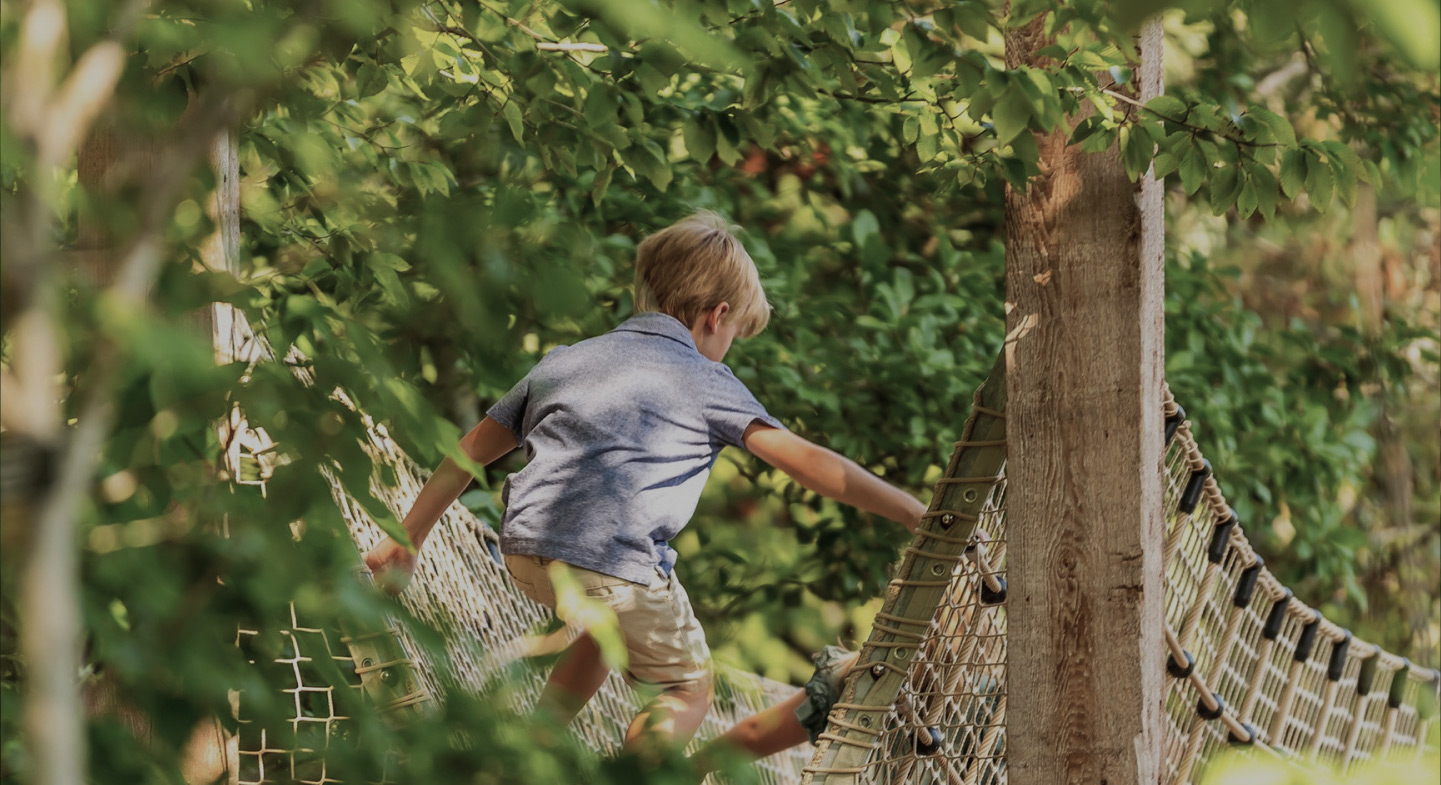
If you’re considering childcare options, you’ve probably seen many centres proudly boast of their “play-based” approach. But why do so many people consider play to be so vital for early childhood development? What does a play-based approach to childcare look like? And how might we, as parents, promote play at home?
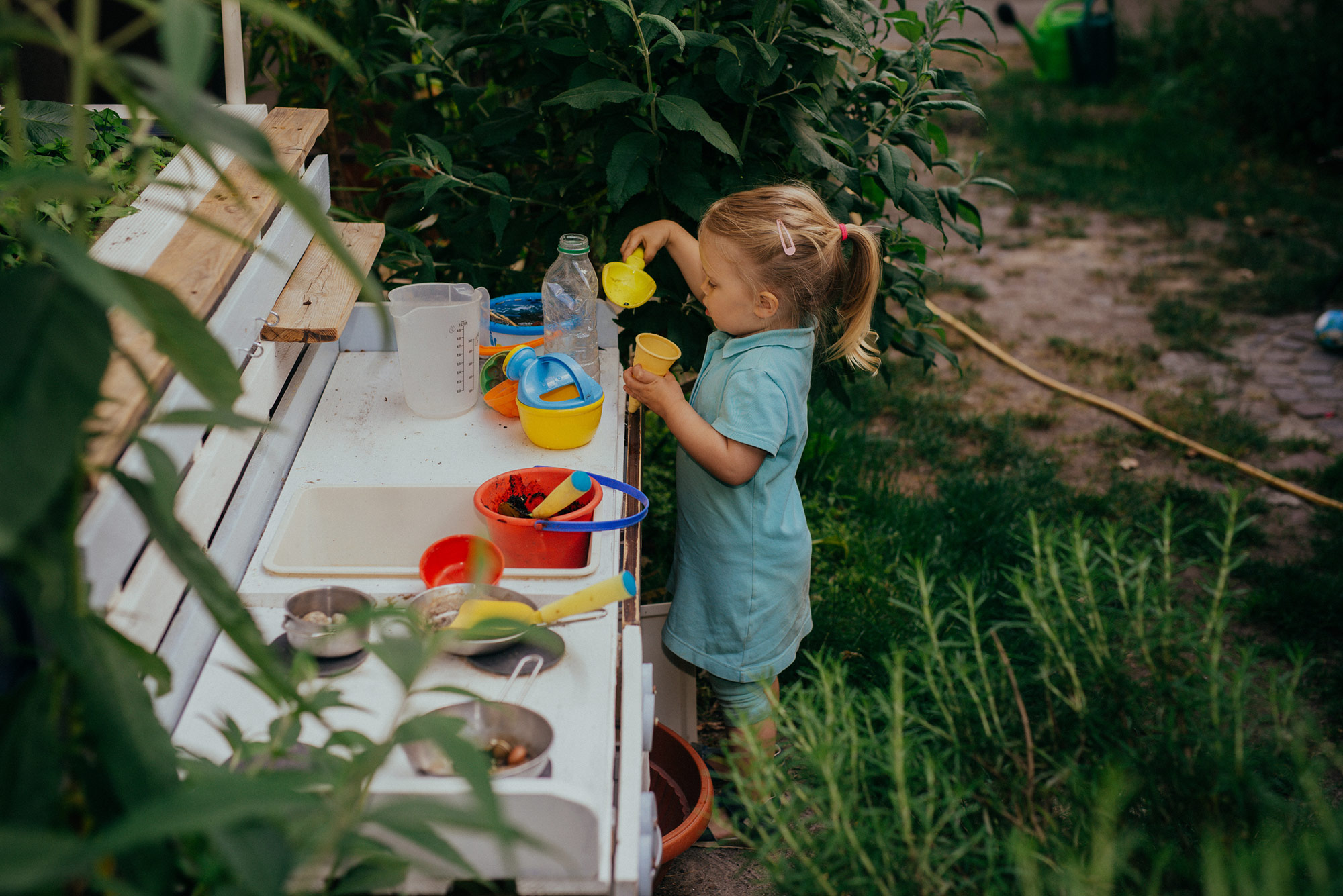
The Joy Of Play:
Why It’s Essential and What You Can Do
to Embrace it at Home.
If you’re considering childcare options, you’ve probably seen many centres proudly boast of their “play-based” approach. But why do so many people consider play to be so vital for early childhood development? What does a play-based approach to childcare look like? And how might we, as parents, promote play at home?
These days, there can be pressure to help children achieve school-readiness earlier and earlier. Play is both the antidote and the answer to this. Play has been described as the “work of children” and provides a magnificent opportunity for learning, discovery, investigation and creation of meaning. Play is so vital for childhood development that the United Nations recognizes play as a fundamental right for every child. At Trails we see play as more than just fun – it’s serious business. Let’s explore why play is essential, how it benefits your child, and how you might incorporate it at home with your child.
10 Benefits of Play in Early
Childhood Development.
-
Fosters Cognitive Growth:
A 2007 report from the University of North Carolina found that children who received an enriched, play-oriented early childhood program had significantly higher IQs at age 5 than did a comparable group who were not on the program. Play is crucial for healthy brain development. Unstructured play strengthens and increases neural pathways, helping build the brain’s prefrontal cortex. Activities like building with blocks or solving puzzles help children enhance problem-solving and critical thinking skills—abilities that, yes, are vital for flourishing in maths and reading but are also vital for flourishing in life.
-
Promotes Physical Development:
Active play contributes to physical health by strengthening muscles and improving coordination. Gross and fine motor skills are learnt at an early age through play. Active play is shown to help cardiovascular health, bone density, muscle development and balance. While the very act of playing allows them to test their limits by engaging with the physical world. Engaging in activities like running, climbing, and dancing helps children understand how their body works.
-
Supports Emotional Development:
When we feel overwhelmed as adults, we retreat into activities that soothe us: we might go to the gym, weed the garden, or go on a neighbourhood walk. These activities are more than just a distraction – they help ground us, bringing a sense of play back into our lives so we can re-examine what’s actually important to us. Children are no different. Frequent daily play can help reduce stress and anxiety while boosting joy and self-esteem. Play provides a safe environment for children to express and manage their emotions. Through role-playing and imaginative scenarios, they learn to navigate their feelings and build confidence, which is important for emotional resilience.
-
Boosts Social Skills
If you think about games you played as a child, they were all about negotiation and sharing—negotiating the rules of the game, sharing the tools of the game, and understanding your place or role in the game. Play helps children expand different ideas about who they are and how they might interact with others. It teaches them valuable social skills, including sharing, negotiating, and collaborating. Group games and cooperative activities help them form friendships and learn how to interact effectively with peers.
-
Fosters Creativity and Imagination:
Play stretches children’s imaginations as they act out different solutions to puzzles or scenarios in play. Play helps children confidently adapt to changing rules as they navigate themselves, others and the world through playing. Symbolic play which is the swapping of an object for another (for example “the bucket is a dragon”) assists with future learning by increasing their ability to solve problems creatively.
-
Builds Independence Through Choice:
Children often have little say over their own lives, but in play, they get to be the ones calling the shots! Play is an opportunity for children to make choices and understand themselves in those choices. Solitary play, for instance, is a wonderful opportunity for children to practise a greater sense of independence as they feel more confident tackling other tasks independently. When alone (or even bored), children’s brains take up the challenge!
-
Provides Joy and Fun:
Sometimes, the obvious thing needs to be said—play is just fun! It’s enjoyable and brings joy into children’s lives, creating positive experiences and contributing to their overall well-being and happiness.
-
Play is Learning in Itself:
Remember that quote: “Play is the work of children”? Educational elements will flow seamlessly into play, making learning enjoyable and integral to the experience.
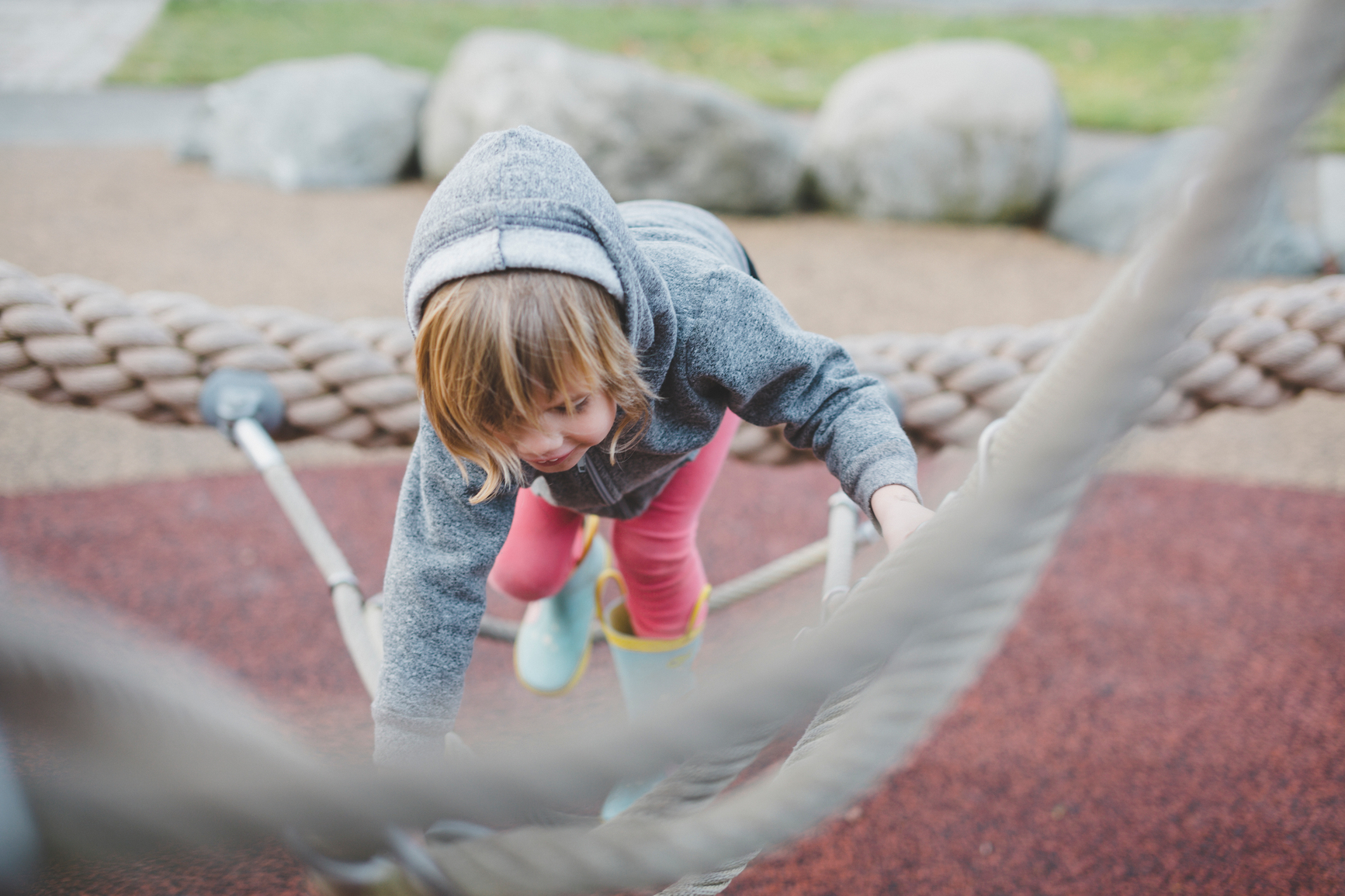
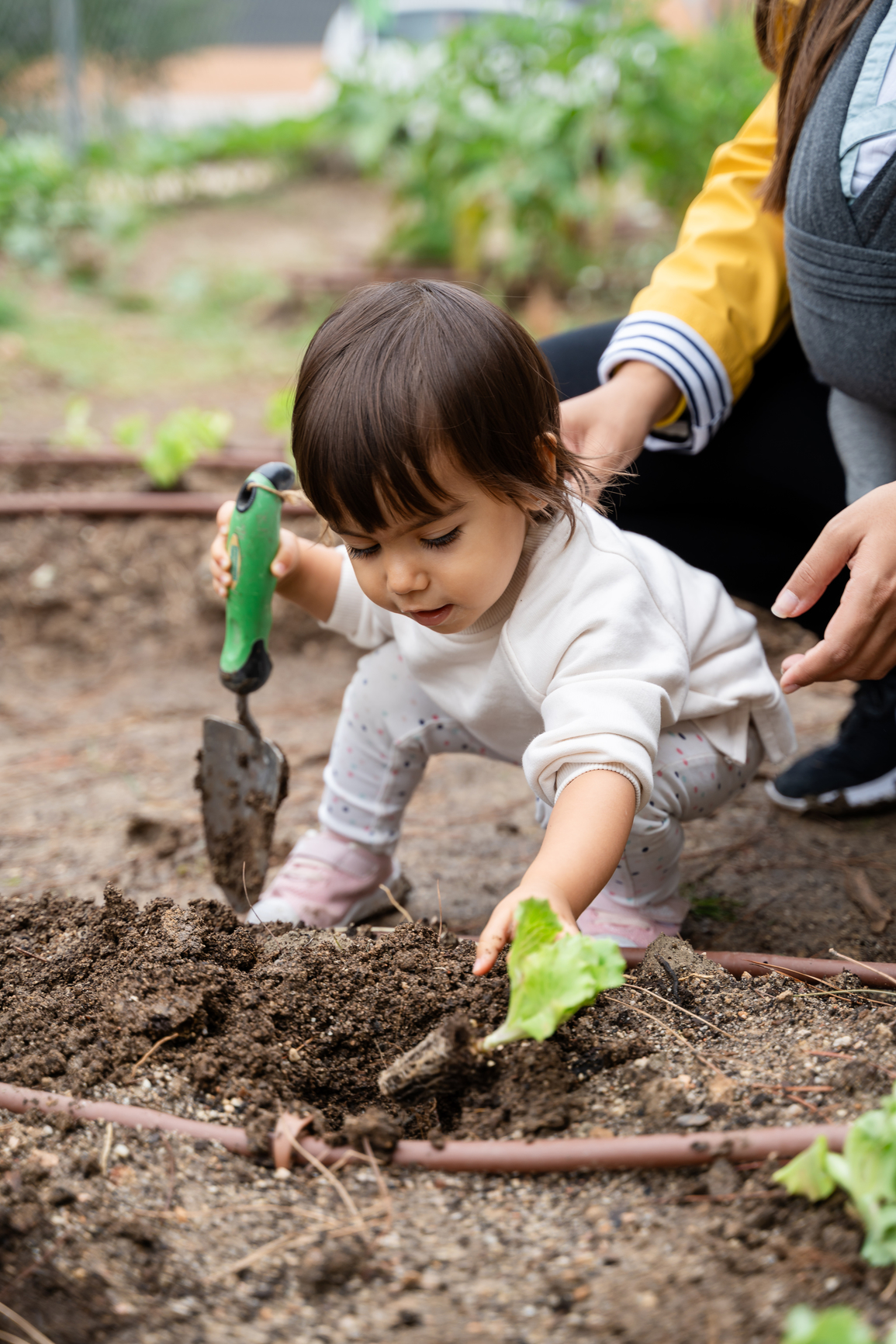
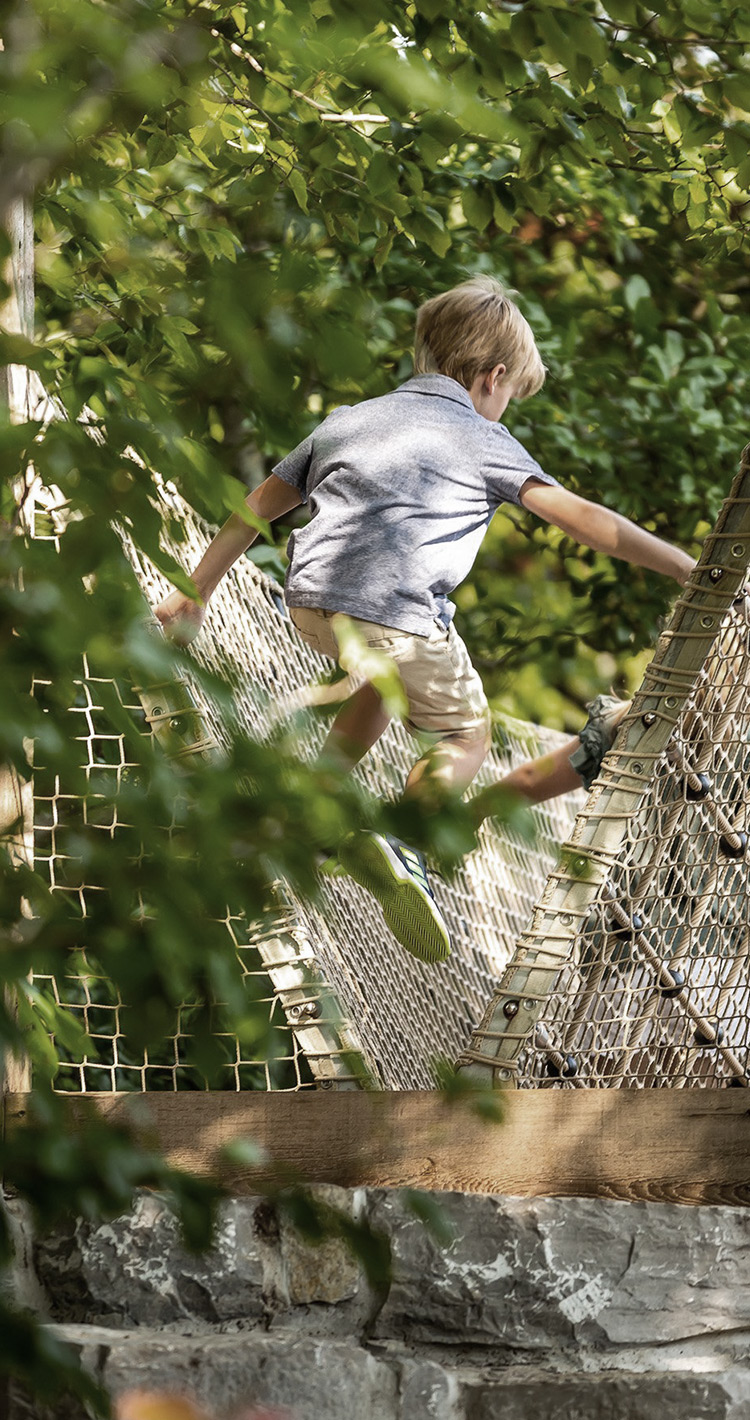
Enhancing Play at Home.
To maximise the benefits of play at home, consider these strategies:
-
Engage in Active Play:
Participate in physical activities with your child. Throw a ball, go for a seashell treasure hunt on the beach, or have a dance party in your kitchen. All of this will support their physical development and strengthen your relationship.
-
Create a Playful Environment:
If you have room, carve out a little space for your child in the house, like a sunroom or a back patio. Whatever it is, even if it’s just a certain corner of the living room, make it theirs. Equip this space with a variety of toys and materials that encourage creativity and exploration—some crayons and some building blocks. A stimulating environment will help your child learn through play while also helping them feel safe and free.
-
Encourage Imaginative Play:
Try promoting symbolic play. Provide props such as costumes or building materials. Let your child’s imagination lead the way and let them create their own stories and scenarios. Take an approach of “yes and” with your child—if they suggest a scenario or character, say “yes” to it and then build on it together.
-
Foster Social Play:
Arrange playdates and group activities with friends or families with children of similar age. If this is difficult in your area, consider enrolling your child in an activity like swimming lessons. Pay attention to any friends your child might’ve gravitated towards. Chat with the other parent and consider hanging out after the activity together.
-
Be Present and Engaged:
Join in your child’s play and show genuine interest. Knowing when to enter in with them and play with them and when to leave them to play solo is a huge part of any parent’s journey. Getting it wrong sometimes is fine. What’s important is they know their contributions or efforts in play are valued by you.
Play-Based Learning at Trails
At Trails, we see our role as “play protectors,” committed to nurturing and promoting play in all its forms. Our approach to learning is deeply rooted in play-based experiences that support each child’s development. Here’s how we integrate play into our programs:
-
Diverse Play Areas:
We offer a variety of play environments, from sensory zones to imaginative play spaces and outdoor areas, to encourage exploration and creativity.
-
Purposeful Play Materials:
Our centre is equipped with high-quality, developmentally appropriate materials that stimulate cognitive, physical, and social growth.
-
Guided Play Experiences:
Our educators design play-based activities that align with learning goals while allowing children to explore and discover at their own pace.
-
Encouraging Social Interaction:
We facilitate group activities and collaborative projects that promote teamwork, communication, and social skills.
-
Supportive Learning Environment:
Our caring staff create a safe and nurturing space where children can experiment, take risks, and learn through play.
At Trails, we understand that play is a crucial part of learning and development. By embracing play-based learning, we help children thrive in a fun and engaging environment. As Mark Twain wisely observed, “Work consists of whatever a body is obliged to do, and play consists of whatever a body is not obliged to do.” Play makes learning enjoyable and natural. If you’d like to learn more about how we incorporate play into our programs or schedule a visit, please contact us or book a tour. We’d be delighted to show you how we make learning a joyful adventure at Trails!
